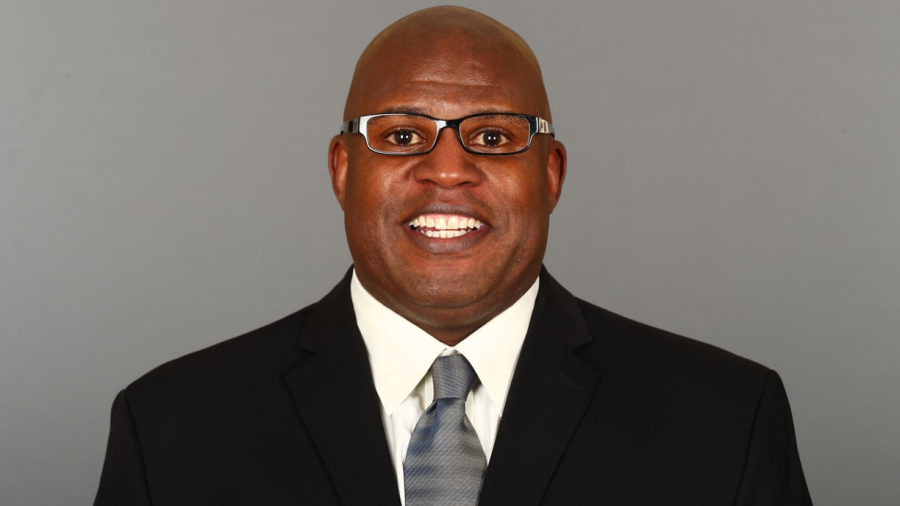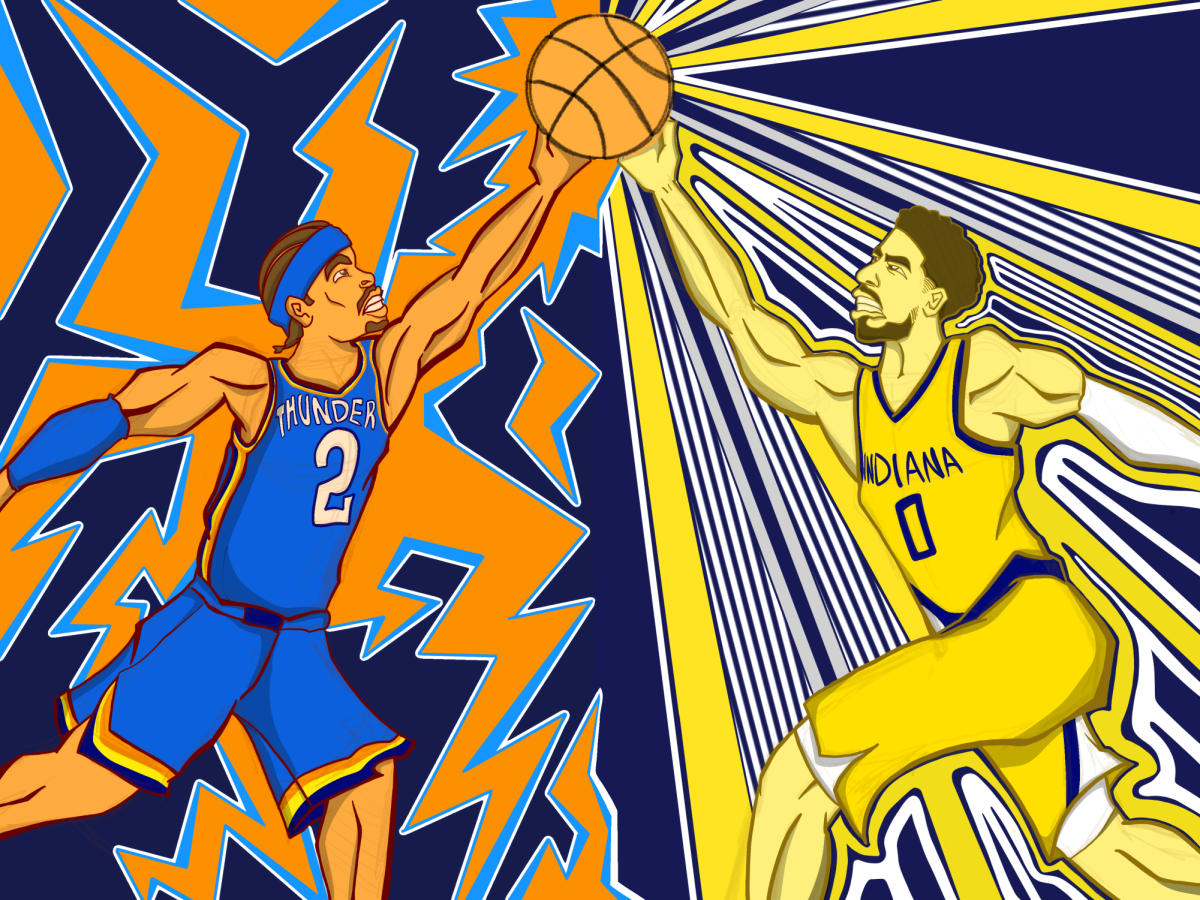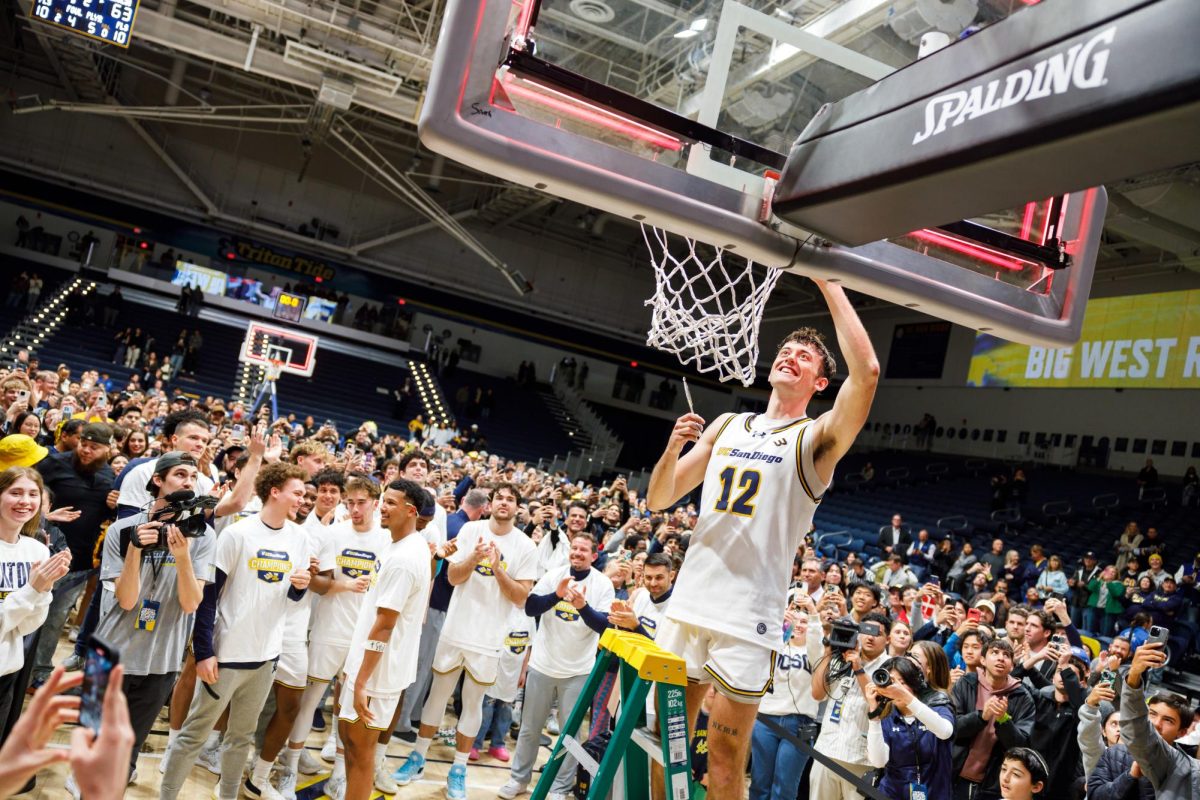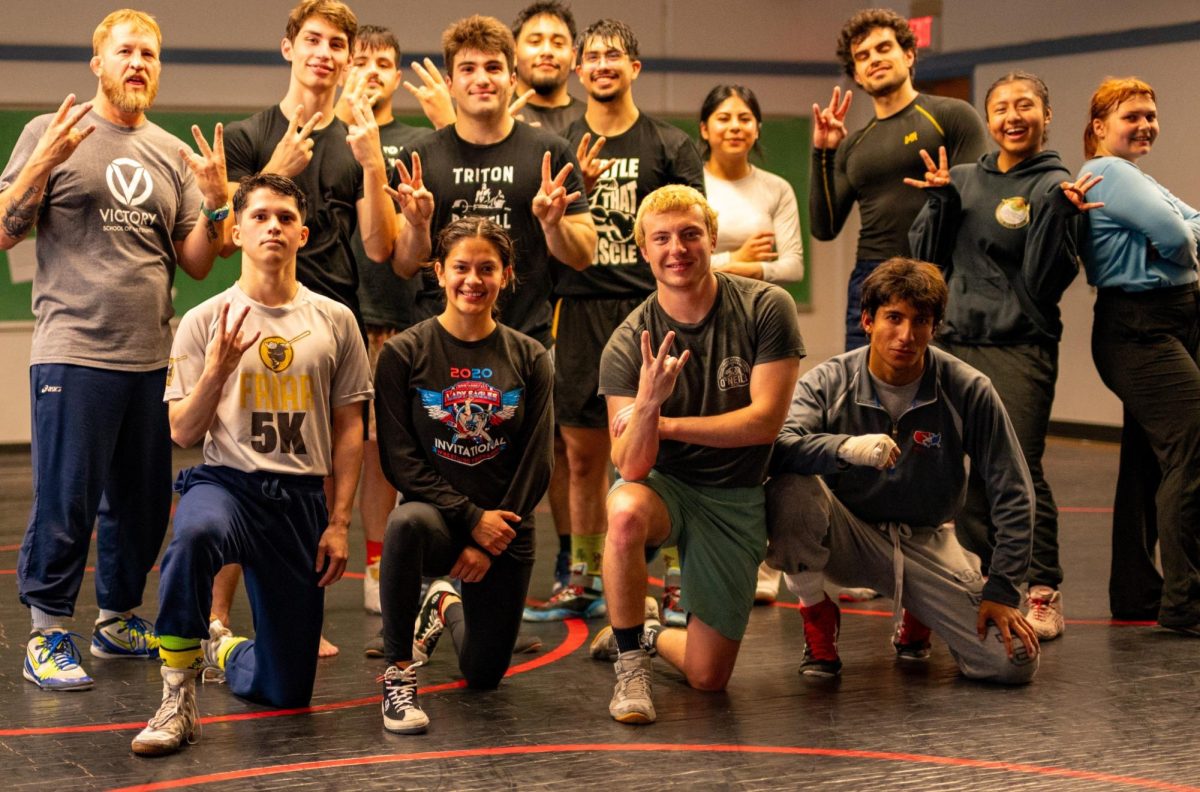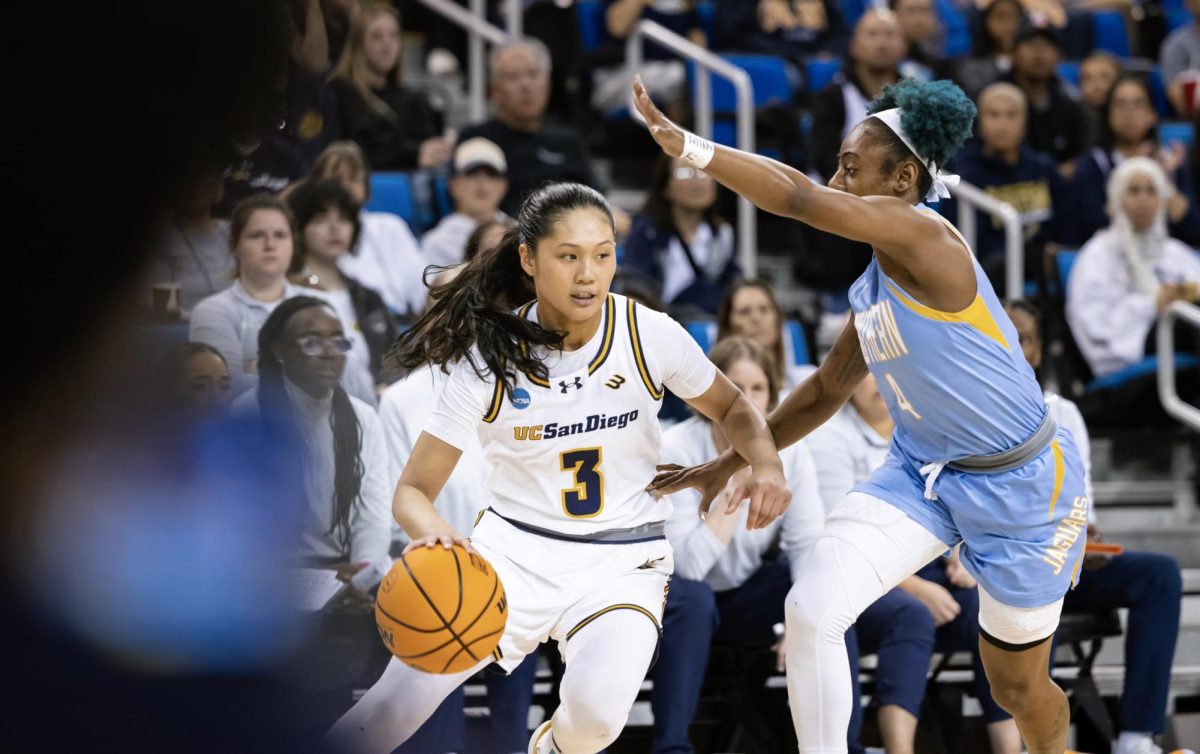With the most recent iteration of the head coaching carousel in the NFL shutting down for the offseason, many are wondering why the changes that have been implemented to incentivize owners to create opportunities for minority candidates have not panned out.
Two of seven head coaches that were hired in this cycle were minority candidates, making it a meager five of 32 for the whole league. Four (12.5 percent) of these coaches are Black, compared to 57.5 percent of the league’s players who are Black, per the Institute for Diversity and Ethics in Sport. Additionally, five (15.6 percent) of 32 general managers are Black, and zero team presidents or controlling CEOs are Black. Suffice it to say that representative hiring in the NFL is not improving at a fast enough rate; in fact, it might be headed in the opposite direction.
The NFL’s Rooney Rule was implemented in 2003 to help phase out discriminatory hiring practices within franchises. Over the years, there has been no discernible progress towards a more representative hiring process, especially with head coaches.
This past year, the NFL expanded the Rooney Rule adding the requirement that at least two minority candidates would need to be interviewed for head coach openings, and at least one minority candidate for assistant coaching positions. Compared to the previous regulation, which did not affect assistant coach hiring and only called for one minority prospective head coach to be interviewed, this seems like a significant step forward. Yet with another coaching cycle come and gone and a net gain of a only one Black candidate filling an NFL head coaching spot, it is once again time to re-evaluate this concerning issue.
One encouraging sign from the newly minted version of the Rooney Rule is the addition of regulations surrounding assistant coach hiring. Offensive and defensive coordinators are the most common candidates selected for head coaching hires, so if there was an argument about a lack of qualified Black applicants, it would be a strong move to rectify this error.
Yet, highly qualified candidates that are Black who do get into assistant coaching gigs still routinely get passed over. Eric Bieniemy, the Kansas City Chiefs assistant coach who runs the most prolific offense of the past two seasons, is the most documented case of a variety of teams passing over the de facto most qualified coordinator on the market for unclear reasons. The offensive and defensive coordinators of the most recent champion, the Tampa Bay Buccaneers, Byron Leftwich and Todd Bowles, were not seen as serious candidates for any of the open head coaching vacancies.
On the other hand, white coaches with suspect coaching experience, especially when compared to qualified Black coaches, are selected for these jobs fairly often. Joe Judge, the pick for the New York Giants vacancy in last season’s coaching cycle, is often cited as an example in this discussion. His experience in the NFL was highlighted by four years as the New England Patriots’ special teams coordinator, a position seldom thought of as a stepping stone for a head coaching position. The Cincinnati Bengals hired Zac Taylor, the Rams’ quarterback coach, to fill their head coaching vacancy that same year.
While this certainly isn’t to say that these individuals have no right to coach their teams, it is undeniable that certain Black coaches simply aren’t getting a fair shake by the league, especially when considering the resumes of white coaches who are successful in getting these coveted positions.
We know that NFL hiring practices are broken and that efforts to alter these patterns have been ineffective, but it is important to stop and consider why this is the case. In football, as in most professional sports in America, there is a constant delineation made between white and Black athletes.
While the white athlete is pictured as intellectual and hard-working, the Black athlete’s success is often seen only as a result of physical prowess (significant evidence of this phenomenon can be found in analyses of NFL commentary). White mobile quarterbacks are given the benefit of the doubt until they succeed, like Cleveland Browns quarterback Baker Mayfield, or flame out, like former Cleveland Brown quarterback Johnny Manziel. Black mobile quarterbacks often are asked to see if they would fit better at another position, which now sounds silly considering the success these quarterbacks, like the Ravens’ Lamar Jackson or the Eagles’ Jalen Hurts, have found early on in their careers.
Frankly, this is a thinly veiled skepticism of the capability of Black people to be able to successfully carry out a position that is mentally strenuous as the quarterback. Could it be that this same sentiment has pervaded opinions on NFL head coaching?
There are many generalizations and ambiguities inherent in discussions about discrimination in hiring practices; few individual instances of discriminatory hiring can ever be proven as such, for the simple reason that only those with hiring power can truly know their own motivations.
The resumes that Black coaches have who are passed over even in spite of the obstacles they had to face to get to that position in the first place does not leave much room for interpretation on a large scale, though. The patterns over time of minority coaches not having a representative share of these jobs even with all the viable candidates that are available is utterly infuriating. This leads us to our final question: What can be done?
In all honesty, it is a pretty bleak picture, as even the most idealistic of us will have a hard time imagining football consumers all coming together to protest NFL hiring practices for a variety of reasons. Large social justice campaigns are always reactive, and so it will likely take an outrageous video or statement from an NFL owner to be widely circulated online to get people to take interest in the issue for a few days.
Considering also the significant portion of the NFL’s fanbase which took significant issue with protesting during the national anthem and projecting little crossover between potential allies and this portion of the fanbase, that leaves a truncated segment of the population. Staying vigilant and demanding accountability will give us certain necessary incremental changes.
Unfortunately, as long as every team’s decision-makers do not have equal opportunity as a priority, real change will be dependent on the dollar. Once again, the responsibility for change will require players, coaches, and fans voicing their displeasure to take these decisions out of the hands of the owners.
Photo courtesy of the Kansas City Chiefs


